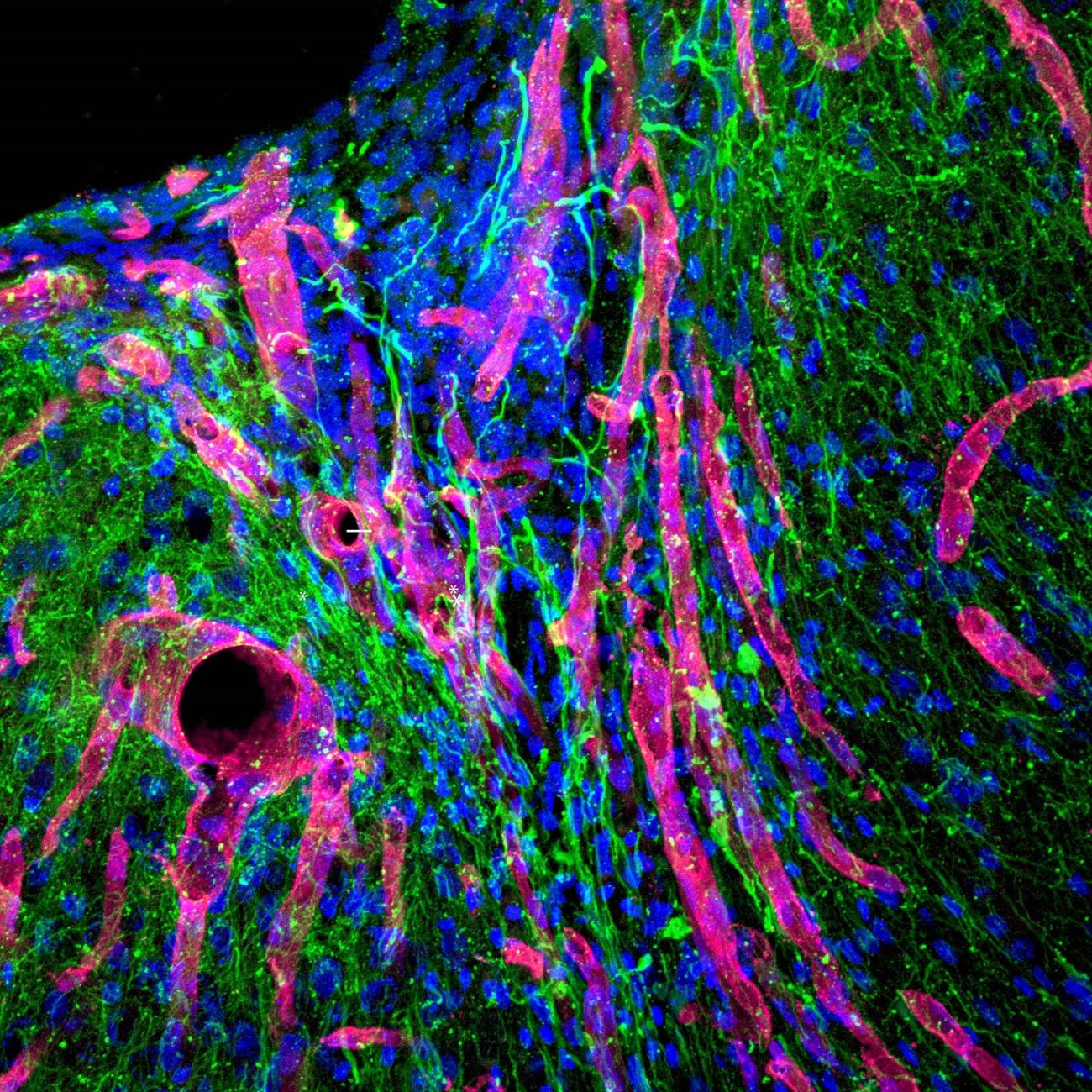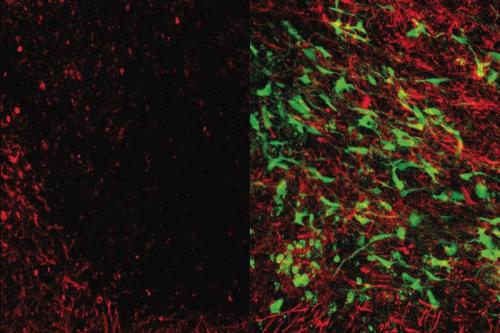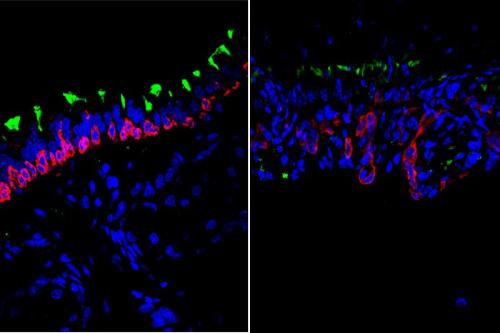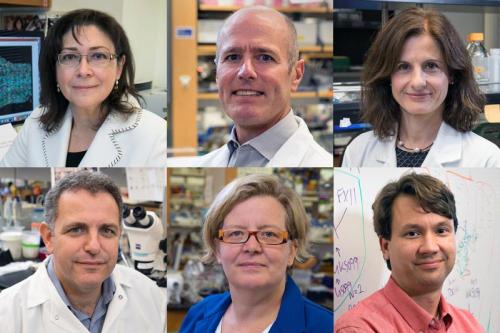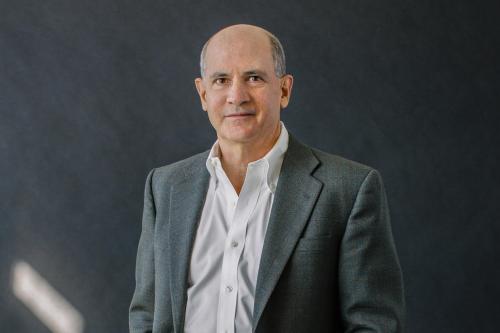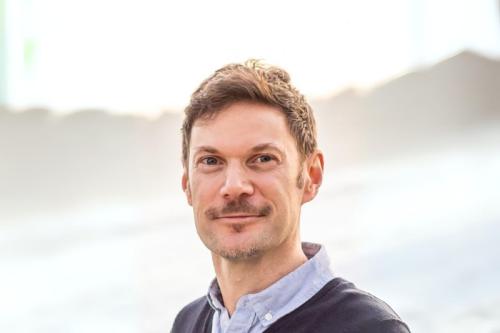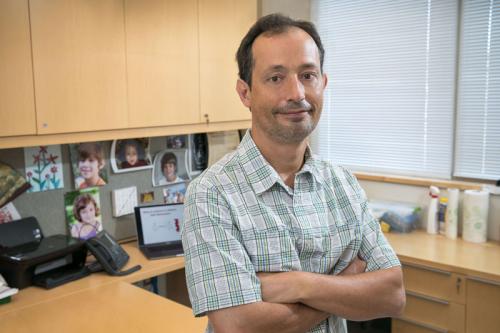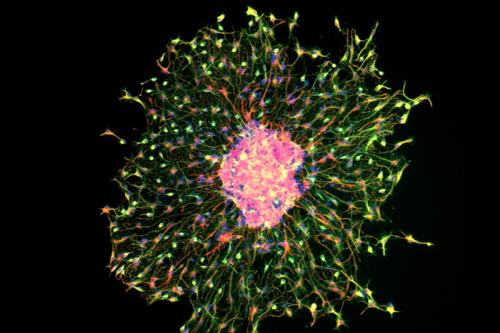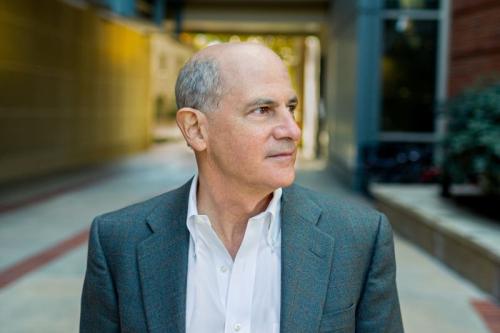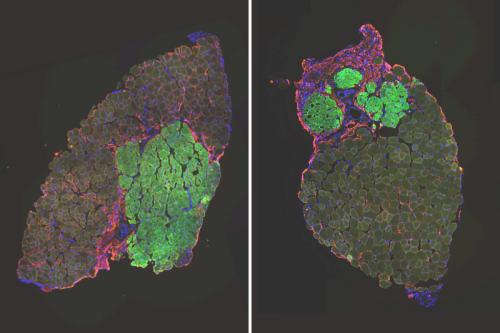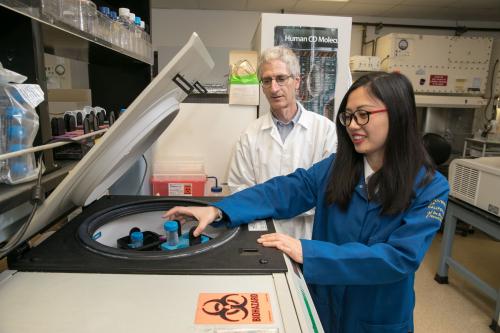
Aging & Healthspan

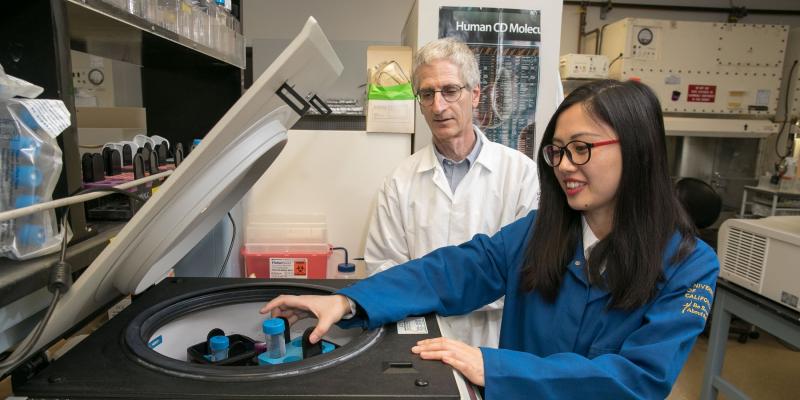
Overview
Aging increases the risk of diseases including dementias, heart disease, cancer, diabetes and arthritis. With the American population growing older, it’s crucial to demystify the biology of aging to combat these leading drivers of illness, death and health care costs in the United States. This is a major focus for a number of scientists at the center who are tackling aging research from multiple angles, including pursuing strategies to increase people’s healthspan, helping them maintain their physical and mental fitness into old age so that they not only live a longer life, but a healthier, long life.
With age, the quantity and function of stem cells Cells that have the ability to differentiate into multiple types of cells and make an unlimited number of copies of themselves. stem cells Cells that have the ability to differentiate into multiple types of cells and make an unlimited number of copies of themselves. decline, most notably their ability to regenerate and repair tissue. Our members are identifying methods to rejuvenate old stem cells to behave like young stem cells, which can halt the progression of or reduce a person’s susceptibility to Alzheimer’s, stroke and other age-related diseases. By determining how to keep stem cells functionally young, researchers will also be one step closer to developing therapies for seniors that allow for a speedier and less challenging recovery from a bone fracture or skin or muscle injury.
Our Goals
- Identify methods to make aged stem cells Cells that have the ability to differentiate into multiple types of cells and make an unlimited number of copies of themselves. stem cells Cells that have the ability to differentiate into multiple types of cells and make an unlimited number of copies of themselves. return to a more youthful, vigorous state, which can pave the way for interventions that help people live longer, healthier lives
- Advance a stem cell-based therapy that was found to repair brain damage and improve memory function in preclinical models to clinical trial A research study conducted with human participants to evaluate the safety and effectiveness of new medical treatments, interventions, drugs or medical devices. clinical trial A research study conducted with human participants to evaluate the safety and effectiveness of new medical treatments, interventions, drugs or medical devices. to help patients recover from damage caused by strokes and dementia
- Explore how cells that have stopped multiplying influence the biology and aging of the immune system, weakening a person’s ability to fight infections and increasing the likelihood of cancer and heart disease
- Investigate how environmental exposures A wide range of external and internal factors that impact human health. External exposures include chemical pollutants, radiation, diet and social interactions. Internal exposures involve stress, metabolism and the microbiome. Researchers study the exposome, which encompasses all exposures throughout life, to understand disease risk. environmental exposures A wide range of external and internal factors that impact human health. External exposures include chemical pollutants, radiation, diet and social interactions. Internal exposures involve stress, metabolism and the microbiome. Researchers study the exposome, which encompasses all exposures throughout life, to understand disease risk. impact the aging process and how aging affects an organism’s response to its environment
- Develop engineering strategies to control cell fate and the aging process
- Identify how diet and aging-related inflammation impact the overall aging process
Research Highlights
Promoting recovery from stroke and dementia
Center members develop a stem cell therapy that has been found to help repair brain damage and improve memory function in mice with conditions that replicate human strokes and dementia.
Effects of aging on lung regeneration
Our researchers identify how stem cells in the airways of the lungs regenerate lung tissue after injury and how aging can cause this process to go awry.
Tackling Alzheimer’s and mixed dementias
A multi-disciplinary group of UCLA researchers come together to answer some of the biggest questions about Alzheimer’s and other dementias.
